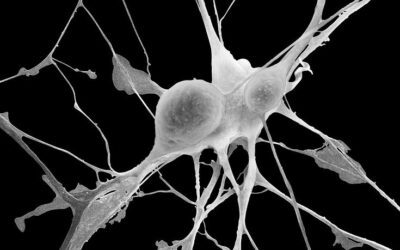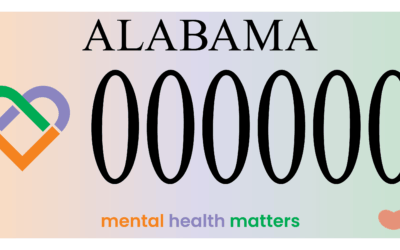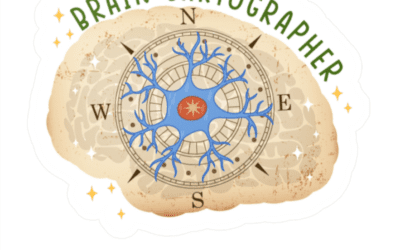Does Humor Heal Trauma?

Should my therapist be funny? In the face of life’s challenges and stressors, humor and laughter can be powerful tools for promoting physical, emotional, and social well-being. From boosting the immune system to strengthening relationships, the benefits of laughter are far-reaching and well-documented. This article explores the science behind the healing power of humor and provides practical tips for incorporating more laughter into your daily life.
The Physical Benefits of Laughter
- Stress relief: Laughter reduces the levels of stress hormones like cortisol and increases the production of endorphins, the body’s natural feel-good chemicals.
- Immune system boost: Laughter has been shown to increase the production of immune cells and antibodies, enhancing the body’s ability to fight off illness and disease.
- Pain relief: The release of endorphins during laughter can help to reduce pain perception and promote a sense of overall well-being.
- Cardiovascular health: Laughter can increase blood flow, improve the function of blood vessels, and lower blood pressure, all of which contribute to better heart health.
The Emotional and Mental Health Benefits of Humor
- Mood elevation: Humor and laughter can provide a temporary escape from negative emotions and help to reframe challenges in a more positive light.
- Resilience: A well-developed sense of humor can foster resilience in the face of adversity, allowing individuals to bounce back from setbacks more easily.
- Anxiety and depression relief: Laughter can help to reduce symptoms of anxiety and depression by promoting a more positive outlook and reducing feelings of isolation.
- Cognitive flexibility: Engaging with humorous content and generating original humor can enhance creativity, problem-solving skills, and mental flexibility.
The Social Benefits of Shared Laughter
- Bonding and connection: Sharing laughter with others can create a sense of camaraderie, strengthen social bonds, and foster feelings of belonging.
- Conflict resolution: Humor can diffuse tense situations, promote empathy and understanding, and facilitate more effective communication during conflicts.
- Attractiveness and charisma: Individuals with a good sense of humor are often perceived as more attractive, likable, and charismatic, which can enhance their social and professional success.
Cultivating More Humor and Laughter in Your Life
- Surround yourself with funny people: Seek out friends, family members, and colleagues who make you laugh and prioritize spending time with them.
- Engage with humorous content: Watch comedy shows, read funny books, and follow comedians or humor-focused social media accounts to infuse more laughter into your daily routine.
- Find humor in everyday situations: Train yourself to look for the absurdity, irony, or silliness in the world around you, and don’t be afraid to laugh at yourself when appropriate.
- Practice smiling and laughing: Even if you don’t feel like it, the act of smiling and laughing can trick your brain into releasing mood-boosting chemicals and enhancing your overall sense of well-being.
While humor and laughter can be powerful tools for promoting health and happiness, it’s important to use them appropriately and sensitively. Avoid using humor to belittle others, and be mindful of cultural and individual differences in what is considered funny.
By embracing the healing power of humor and making laughter a regular part of your life, you can enhance your physical, emotional, and social well-being and find joy even in the most challenging of times. After all, as the saying goes, laughter really is the best medicine.
Types of Therapy

























0 Comments